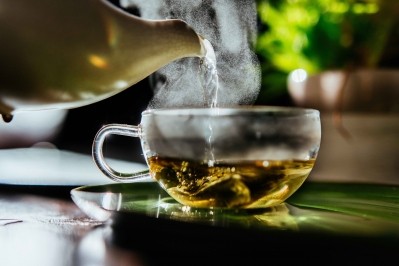NutraCast: Sustainability not a top concern for tea industry

The two-month long survey, conducted from December 2021 to February 2022, noted that respondents listed flavor (96%), leaf grade (90%) and origin/terroir (88%) as the top three characteristics that contributed to their decisions to stock particular tea types. These considerations are followed by demand (86%), consistency of supply (84%) and price (83%). Sustainability (79%) ranks seventh in the list of factors influencing tea-stocking decisions.
When it comes to specific climate change threats on tea production, most respondents said changing rain patterns, unpredictable weather and extreme heat are the biggest climate change risk factors (95%, 94% and 91% respectively). Paralleling concerns about the effects of climate change on business operations, 93% of respondents said that tea is a very or somewhat sensitive industry to the effects of climate change.
Despite the extreme heat and drought that has been roasting a vast swath of southern China, Firsd Tea marketing director, Jason Walker said it’s not all doom and gloom with the country’s tea production exceeding demand for several years now.
“China continues to expand in new tea fields so they have more production area year over year. But that said, we are talking about half of all organic tea Imports into the US come from China. So China is an especially important area for access to organic tea, especially organic green teas,” said Walker. “Keep in mind that tea fields are often in some of the more rural and higher elevations. So anytime you've got dry spells, followed by heavy rains. Then you're getting concerns about floods, landslides, you're talking about the potential for more intense typhoons and hurricanes so that can affect both the production areas and ocean freight shipping.”
To hear more on the survey findings, the challenges in China and why botanicals like hibiscus are hard to come by, listen to the NutraCast.
You can also subscribe on iTunes, Spotify, Stitcher and wherever you get your podcasts.
















